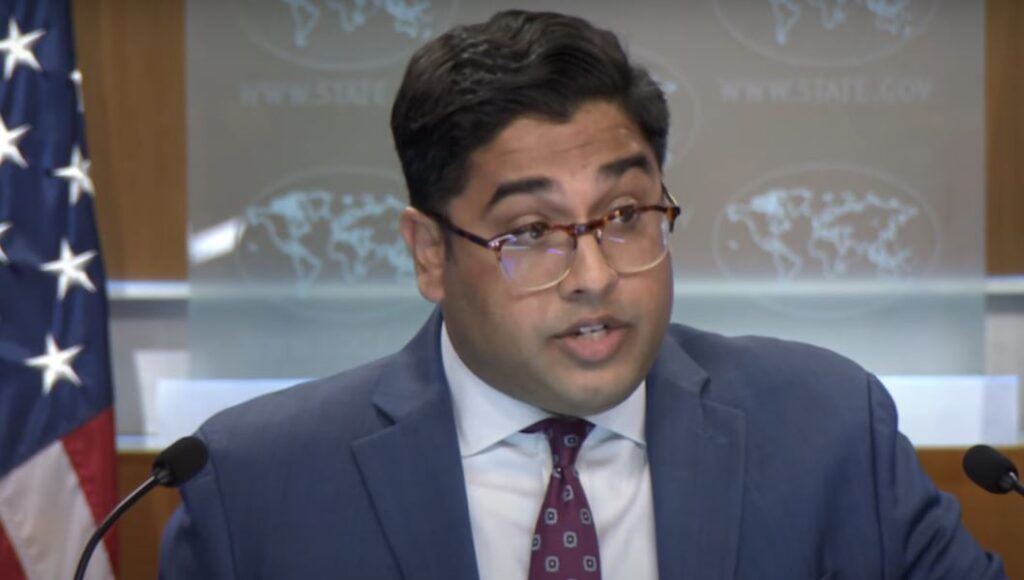Four investment trusts closed last week. How many more will go?
Last week, four separate investment trusts handed in their notice, announcing they would be shuttering. Aquila European Renewables, Ecofin US Renewables, Gulf Investment Fund and Keystone Positive Change, all said they would be liquidating, as the number of trusts on the London Stock Exchange continued to dwindle. The number of investment trusts has fallen to [...]


Last week, four separate investment trusts handed in their notice, announcing they would be shuttering.
Aquila European Renewables, Ecofin US Renewables, Gulf Investment Fund and Keystone Positive Change, all said they would be liquidating, as the number of trusts on the London Stock Exchange continued to dwindle.
The number of investment trusts has fallen to its lowest level in years for a number of reasons, including high discounts, pressure on small trusts, and ongoing issues around cost disclosure.
However, almost all of the trusts last week said they would be closing for a simple reason: Performance.
Why did the investment trusts close?
With a total of ten mergers announced so far this year, far above the four last year and five in 2021 and 2022, more trusts are feeling the need to combine and get big to stay afloat.
What might be more worrying for investors, however, is the events of this week, with funds simply shuttering rather than finding an eligible buyer.
Selling off assets can take years, and ultimately can signal to the market that the trust was never worth backing in the first place.
Three of the trusts that announced they would be pursuing a closure last week have suffered a period of very poor performance, especially the two renewable focused trusts, which had fallen 43 and 11 per cent over the last year.
While Keystone is up more than seven per cent over the last year, it is still down 21.3 per cent over the last five years.
Meanwhile, Gulf Investment Fund, which only controls £96m in assets, decided to pursue a wind down due to its small size.
All of the trusts also cited their discounts, which is a problem throughout the sector. Just 26 investment trusts on the market are trading at a premium, with their share prices sitting above the value of their underlying assets.
This is naturally pushing investors to question whether they might get more value by simply selling off the assets of the fund, getting back their full value rather than sitting on an average 14 per cent discount.
However, performance in the sector is picking up. The average trust’s share price is up more than 17 per cent in the last year, or 45 per cent over the last five.
Out of the 366 trusts tracked by the Association of Investment Companies, only 85 funds have seen their share price fall over the last year, with 42 falling by double digits in the time period.
The fact that all of the trusts that are closing have issued below average performance may suggest a winnowing effect for the better, cutting out the funds that have failed to match their peers.
Trust Share price over last year Share price discount to underlying assets Ecofin US Renewables Infrastructure -43.1 per cent -45.9 per cent Aquila European Renewables -11.21 per cent -21.9 per cent Keystone Positive Change 7.8 per cent -7.1 per cent Gulf Investment Fund 6.1 per cent -4.8 per cent
The news followed four other trusts indicating they would be departing the main market the week before, though three of these were due to being bought out.
Tritax Eurobox and Balanced Commercial Property Trust both received takeover bids, while Aurora announced it would be absorbing fellow trust Artemis Alpha. However, JP Morgan’s Global Core Real Assets did fail its continuation vote, meaning it will also be shuttering.
“On the whole, I feel the rationalisation of the sector is healthy, after all the returns on three of these four funds have undoubtedly disappointed investors,” said James Carthew, head of investment company research at Quoteddata.
“However, I believe that Gulf Investment along with Tritax EuroBox and Balanced Commercial Property Trust… may be missed in time. It would not surprise me if similar vehicles relaunched in a few years.”



